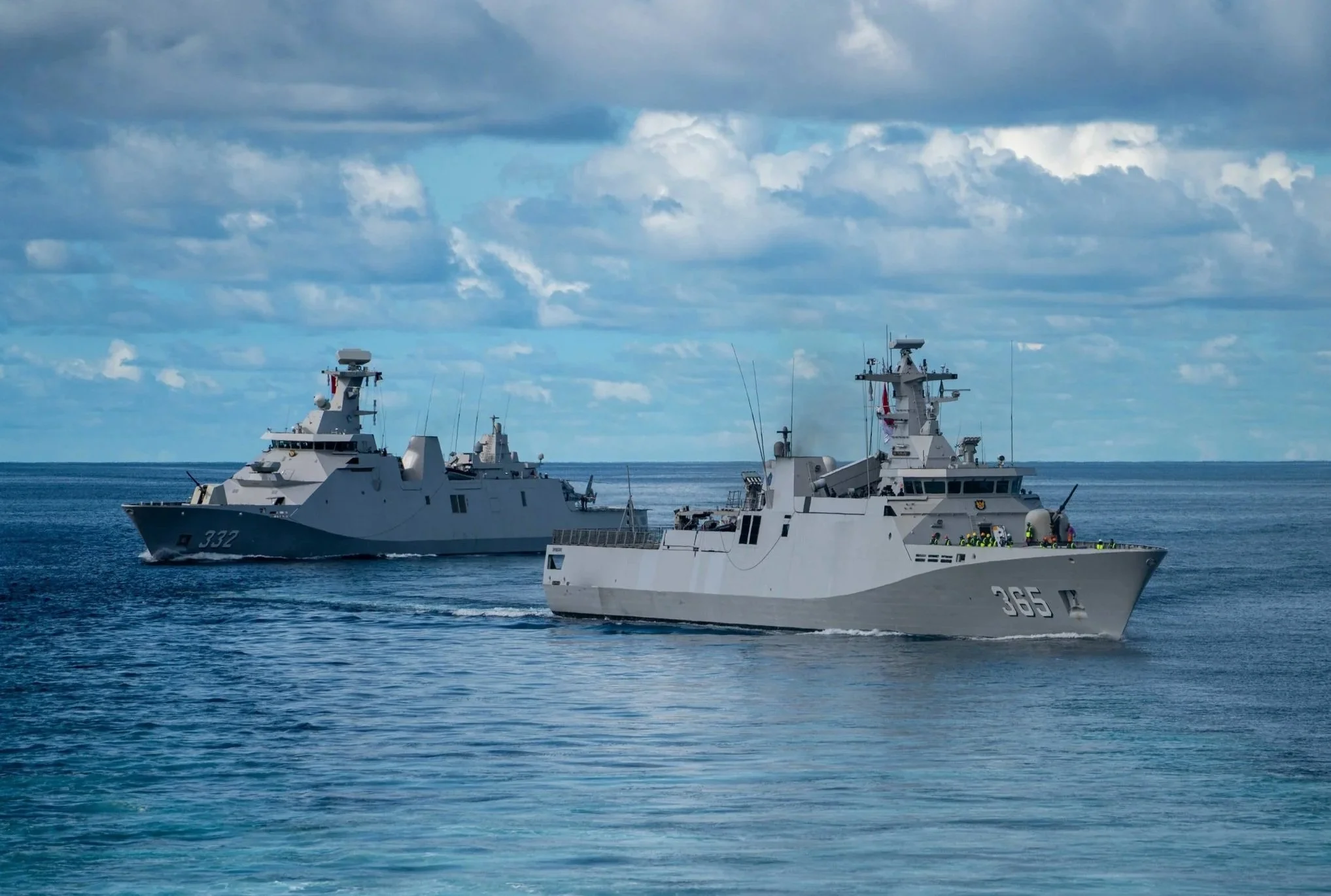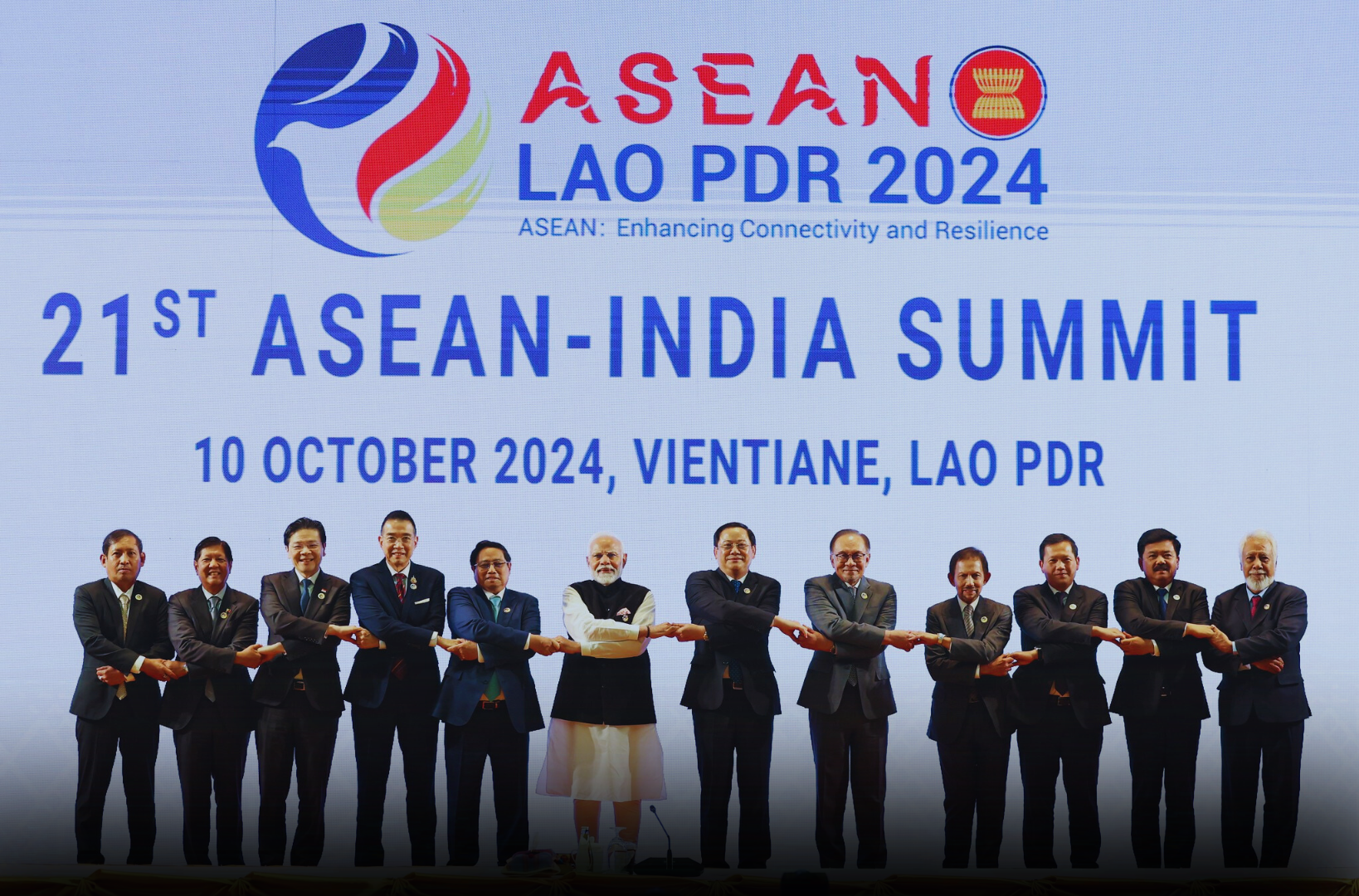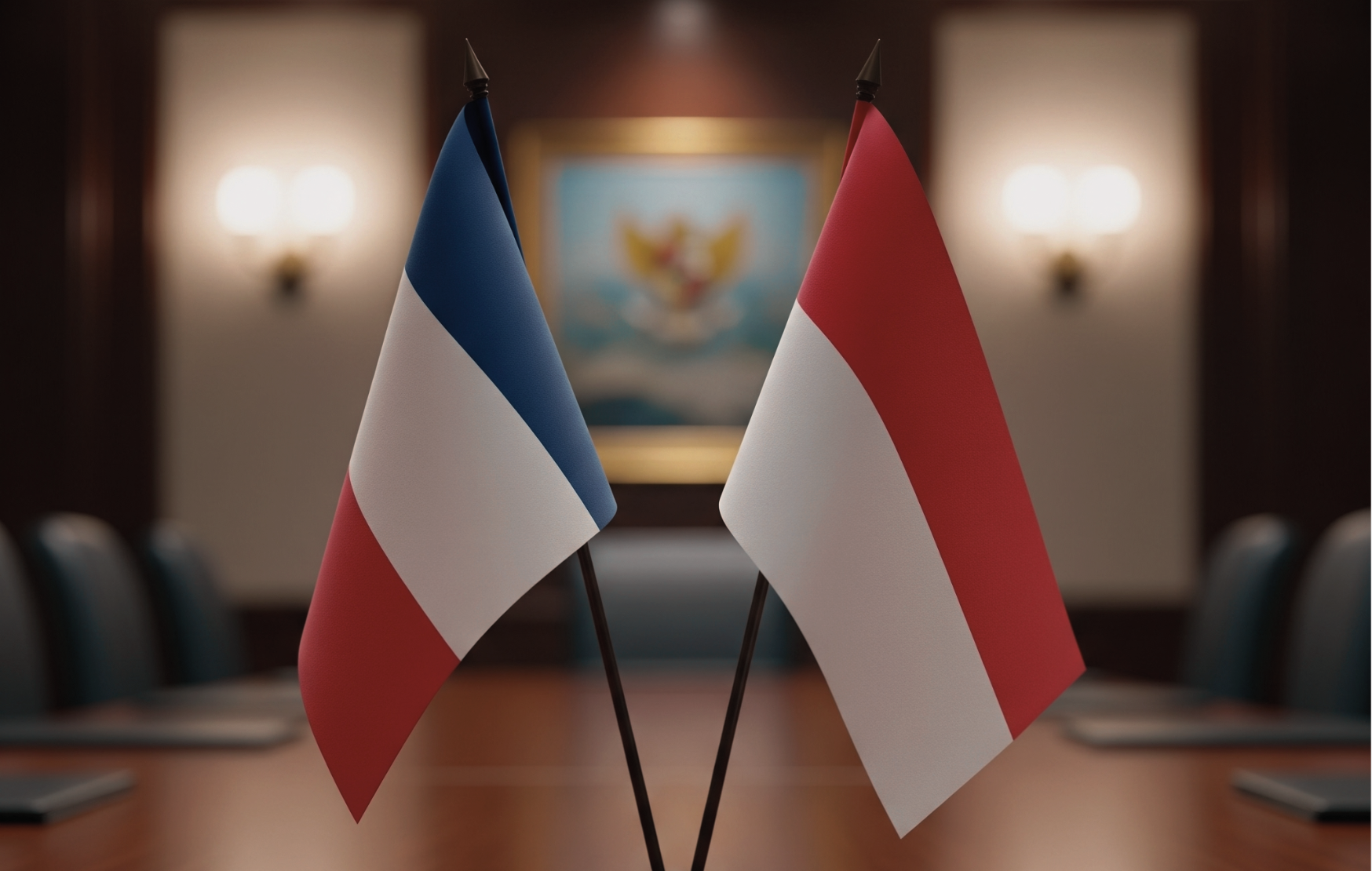Written by Emanuele Ballestracci
Italy cannot rival the hard-power presence of France or the UK, nor does it aspire to. Instead, it has constructed a pathway based on economic cooperation, private-sector activism, and steady institutional ties, which over time create the trust needed to expand into political and security spheres.
Read More
















